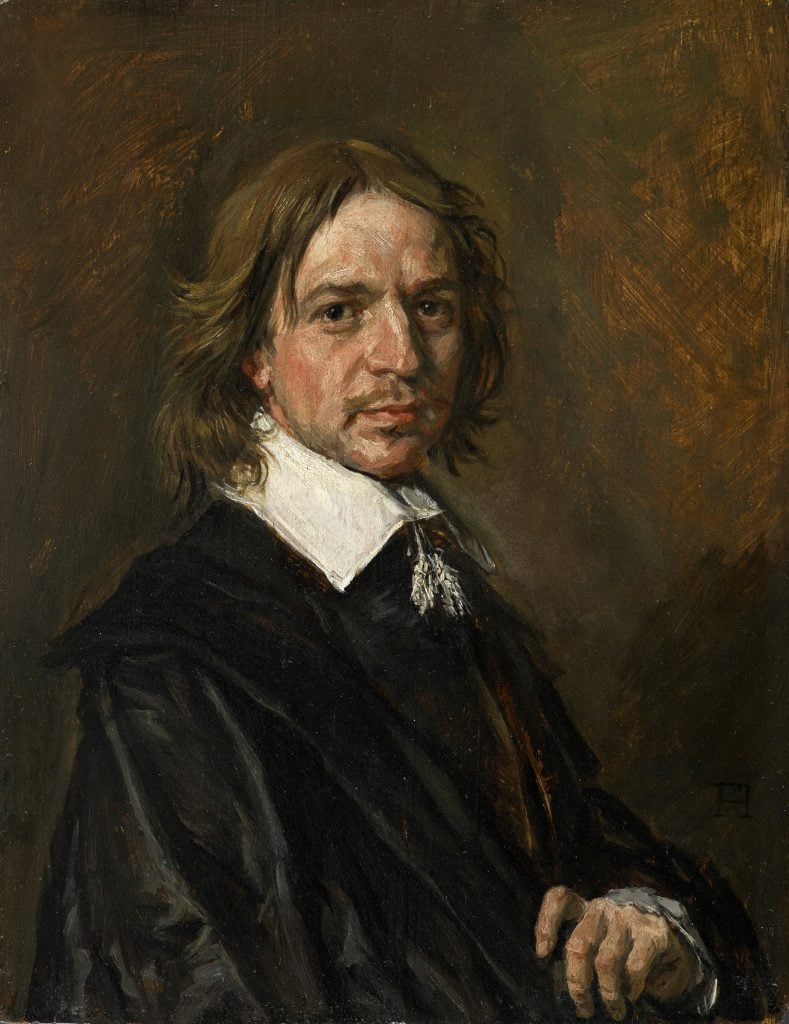Law & Politics
A London Court Has Upheld a Ruling Ordering an Art Collector to Pay Sotheby’s $5.3 Million for Selling an Allegedly Forged Frans Hals
Art collector David Kowitz's company has yet to pay for its portion of an alleged forgery.

Art collector David Kowitz's company has yet to pay for its portion of an alleged forgery.

Taylor Dafoe

A years-long legal battle between Sotheby’s and an investment company over the sale of an allegedly forged old master painting may finally have come to an end.
On Monday, an appeals court in London upheld a 2019 decision ordering Fairlight Art Ventures, an investment company owned by US hedge-fund manager and art collector David Kowitz, to pay Sotheby’s $5.3 million for an allegedly fake Frans Hals painting sold through the auction house nearly a decade ago.
“[The law has] to fall on someone,” said the judge upholding the decision, according to the Art Newspaper. “Obviously it did not fall on the forger.”
Fairlight, in partnership with London art dealer Mark Weiss, sold the artwork to American collector Richard Hedreen for $11.75 million in a 2011 private sale brokered by the auction house. But in 2016, technical inspection of the painting suggested that it was one of many fakes to have entered the market in a massive forgery scandal orchestrated by French art dealer and collector Giuliano Ruffini.
Sotheby’s reimbursed Hedreen for the sale and subsequently sought remuneration from Weiss and Kowitz. After the duo rfused, the auction house sued the two parties in 2017.
Weiss reimbursed Sotheby’s $4.2 million in the spring of 2019 as part of an “amicable” out-of-court settlement. The auction house still pursued payment from Fairlight. The investment company argued that it was a “financier,” rather than a “partner,” of Weiss, and was thus not liable for the sale.
Last December, a judge in London’s High Court ruled in favor of the auction house, noting that “Fairlight is liable to Sotheby’s for failing to return the purchase price of the painting.”
Appealing the decision earlier this month, Fairlight’s lawyer, James Collins, argued that there was no contractual relationship between the company and Sotheby’s. But now—just two weeks after the appeal—the court has again sided with Sotheby’s.
Collins did not respond to Artnet News’s request for comment.
“[Weiss and Fairlight were] committed as principals to the consignment of the property to Sotheby’s,” the judge in the ruling said.
The Ruffini forgery scandal has been linked to €200 million ($255 million) in sales. Both the dealer and Lino Frongia, the Italian painter suspected of forging the works, were taken into custody in September 2019 after a French judge issued a European-wide warrant for their arrest.
However, the case hit a snag his spring when a judge in Italy rejected that warrant, preventing the two men from being moved to France for prosecution.